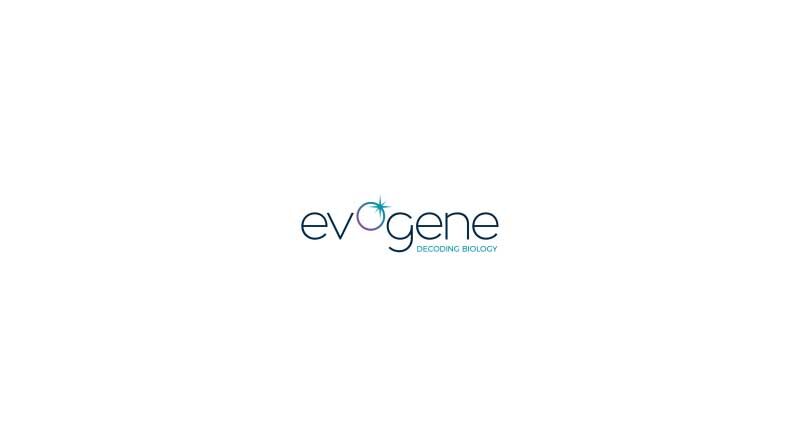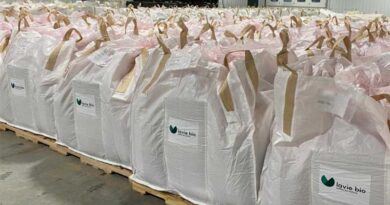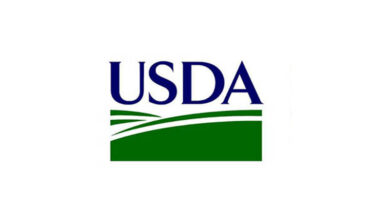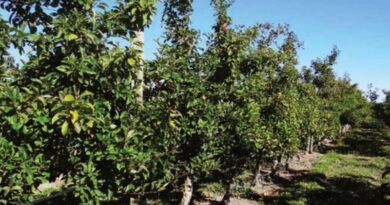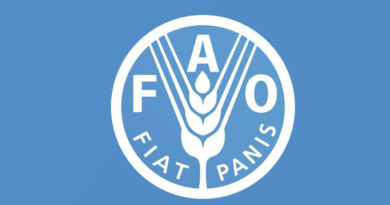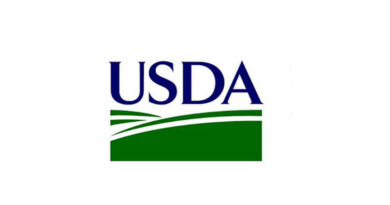Lavie Bio Reports Successful Results for its Bio-Fungicides Programs
01 March 2023, Israel: Lavie Bio Ltd., a subsidiary of Evogene Ltd. (Nasdaq: EVGN, TASE: EVGN), and a leading ag-biological company focusing on improving food quality, sustainability, and agriculture productivity through the introduction of microbiome-based products, today announced progress in its bio-fungicides programs based on successful results from field trials conducted in 2022 for its bio-fungicides LAV311 and LAV321, after conclusion of the analysis of its statistic results.
Current efforts to protect crops against fungal disease largely depend on chemical application, with global fungicide chemicals estimated at approximately $21 billion in 2022 and expected to grow at a CAGR of 6.4%[1] over the coming years. As a result of increasing disease resistance to today’s existing chemicals, and public interest in more eco-friendly practices, there is a growing demand for newer, more effective and long-term sustainable solutions, with ag-biologicals being an important new tool to which can address this challenge.
Lavie Bio’s product candidates LAV311 and LAV321 are bio-fungicides that were discovered and developed utilizing Lavie Bio’s Biology Driven Design (BDD) platform, based on Evogene’s MicroBoost AI tech-engine which leverages big-data and advanced artificial intelligence (AI) algorithms. LAV311 and LAV321 are designed to be integrated into the farmer’s existing Integrated Pest Management (IPM) practices, driving productive and sustainable practices, while reducing the emergence of resistance to existing solutions.
Lavie Bio’s bio-fungicide product LAV311 is an optimized live microbial strain that has an indirect Mode of Action (MOA) competing with harmful fungi over space and nutrients. It targets bunch rot diseases such as Botrytis cinerea, and powdery mildews, that affect a wide variety of plants, including fruits and vegetables, and particularly vines, with a significant impact to crop yields.
LAV311 underwent several vineyard trials in target fields in Europe and the US during 2022. It was found that the performance of LAV311, provided improved protection against bunch rot diseases, at a better efficacy and consistency than existing comparable commercial biological benchmarks. They were also competitive to current commercial chemical benchmarks. The positive results provide further support for Lavie Bio’s plan to commercialize LAV311 for use in fruit and vegetables in 2024, assuming the receipt of registration with the US Environmental Protection Agency (EPA), following the application that was submitted by Lavie in late 2022.
Lavie Bio’s bio-fungicide product LAV321 targets oomycetes class diseases, specifically downy mildew and in 2022 was expanded to cover a variety of blight diseases. Downy mildew is a fungal disease that spreads rapidly causing significant damage and reduced crop yields. Blight diseases are typically caused by bacterial or fungal pathogens which spread rapidly and cause wilting or death of plant tissue. LAV321’s efficacy is due to active compounds produced by the microbe which have direct activity on the pathogen.
Various trials were conducted to protect grape against downy mildew, potato against late blight, and tomato against early blight during 2022. Initial results typically showed improved efficacy over equivalent biological products. In 2023, field tests are expected to be broadened, covering additional acreage as well as additional crops under a further improved formulation.
Commented Dor Kestecher, VP Business Development at Lavie Bio, “We are very pleased with the progress of our internal bio-fungicide programs, focused on providing biological solutions for key diseases in fruits and vegetables. LAV311’s positive results on vine bunch rots and powdery mildew, may represent a significant potential market in the US and Europe. Our product provides growers with a new tool to reduce the chemical residues in their spray program and reduces the negative impact on the environment, while providing growers with the high efficacy comparable to that of the chemicals used today. In the coming year, we plan to expand the potential addressable markets for LAV311, by broadening its application to additional crops while optimizing the product and manufacturing costs.”
“LAV321 has the potential to solve what is becoming a prominent and expanding challenge for growers, as the traditional chemicals used in agriculture against downy mildew are increasingly being banned globally. The results of recent trials for LAV321 show that we are progressing according to plan. In the coming year, we are planning additional field trials that will also include additional crops and diseases. We look forward to bringing LAV321 to market, a much-needed biological solution against oomycetes diseases, of which there are fewer and fewer solutions in the market today,” continued Mr. Kestecher.
Also Read: Concern over Wheat production due to the ongoing heatwave
(For Latest Agriculture News & Updates, follow Krishak Jagat on Google News)

